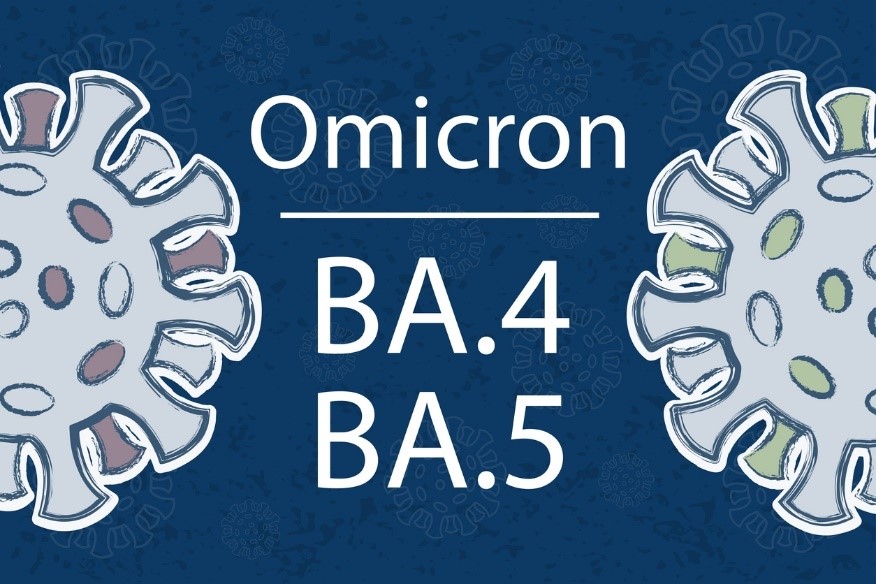The American College of Physicians has issued new recommendations for evaluating hematuria as a marker for occult urinary cancer.
The clinical guideline, published in the Annals of Internal Medicine, recommends the following:
- Gross hematuria should be included in clinicians’ routine review of systems. In particular, all patients with microscopic hematuria should be asked about their history of visible hematuria.
- In asymptomatic adults, screening urinalysis shouldn’t be used to detect cancer.
- In asymptomatic patients, heme-positive results from dipstick tests should be confirmed with microscopic urinalysis demonstrating three or more erythrocytes per high-powered field.
- All adults with visible hematuria, even if self-limited, should be referred for further urologic workup.
- For adults with microscopically confirmed hematuria but no demonstrable benign cause, clinicians should consider a urology referral for cystoscopy and imaging.
- Hematuria should be evaluated even if patients are taking antiplatelets or anticoagulants.
- Urinary cytology or other urine-based molecular markers for detecting bladder cancer shouldn’t be ordered in patients’ initial evaluation for hematuria.


